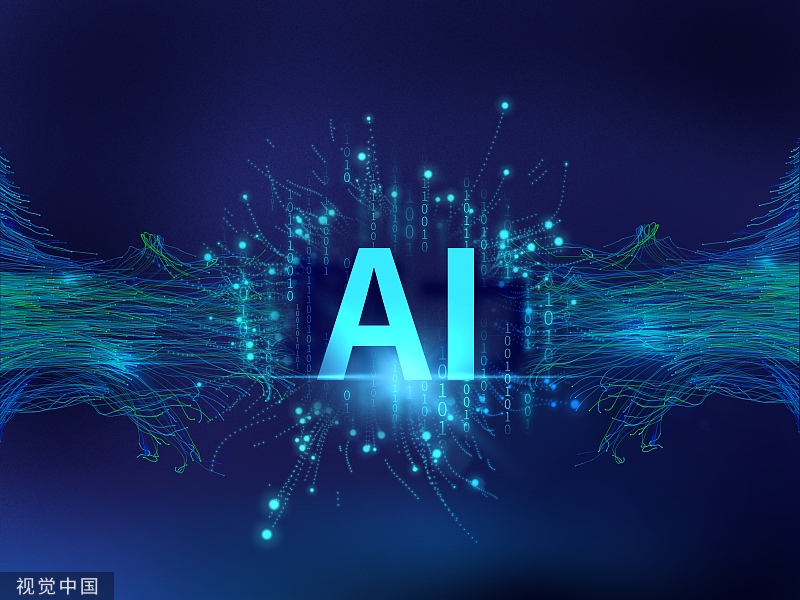雙語新聞播報(March 22)
中國日報網 2024-03-22 15:56

> Health products sold on livestreams not that healthy
“零添加”食品可能并沒有想的那么健康

In recent years, sugar-free products in China have surged in popularity, driven by increased health consciousness and concerns over obesity.
近年來,由于大眾健康意識的提高和對肥胖問題的擔憂,“無糖”食品很受市場歡迎。
Raising safety concerns about zero-sugar foods and beverages, the Shanghai Consumer Council has warned that some food products marketed through livestreams have been misleading consumers about their sugar content.
隨著零糖食品和飲料在中國越來越受歡迎,上海市消保委對這些食品的安全問題表示了擔憂,并警告稱,一些在直播間銷售的食品在含糖量方面存在誤導消費者的情況。
Shanghai Consumer Council surveyed the quality of healthy foods — those claiming to be low in fat, sugar, sodium, or high in protein — sold by 100 livestreamers on 14 major e-commerce platforms, including Taobao, Douyin, and Xiaohongshu.
上海市消保委通過對淘寶、抖音、小紅書等14個主要網購平臺上的100個直播間銷售的健康食品(聲稱低脂、低糖、低鈉或高蛋白的食品)的質量進行了調查。
Released ahead of Consumer Rights Protection Day on March 15, the survey tested products sold by livestreamers and compared their nutritional content with claims made in their promotional material.
這項調查在“3.15”前發布,他們對直播平臺銷售的產品進行了檢測,并將其營養成分與宣傳材料中的說法進行了比較。
Of the 100 livestreamers surveyed, 83 marketed their products as sugar-free or sucrose-free, targeting specific groups such as babies with diabetes, expectant mothers, or the elderly.
在接受調查的100家直播商中,有83家以無糖或不含蔗糖的名義銷售產品,針對的是“小糖人”、“孕媽媽”或“老人”等特定群體。
The council criticized the widespread “zero-additive” marketing claim, suggesting some sellers use it to falsely imply their products lack unnecessary additives like pigments and preservatives.
消保委還批評了普遍存在的以“0添加”為主要營銷話術的情況,指出一些賣家利用它來虛假地暗示他們的產品沒有必要的添加劑,如色素和防腐劑。
> In China, debate grows over AI-cloned celebrities
未經同意用AI“復活”已逝明星遭聲討

A surge in the practice of creating AI-cloned videos of dead celebrities has sparked criticism from their families and raised legal concerns over the protection of image and privacy rights.
近日,用AI技術“復活”逝者視頻激增,引起了逝者家人的批評,并引發了對肖像權和隱私權保護的法律擔憂。
From Chinese celebrities such as singer Coco Lee and actor Qiao Renliang to Western icons like Michael Jackson and Kobe Bryant, AI-generated videos on Chinese short-video platforms are bringing the dead back to virtual life, sparking renewed debates over the ethical and legal boundaries of using AI.
從李玟、喬任梁等中國明星,到邁克爾?杰克遜、科比?布萊恩等西方知名人士。中國短視頻平臺用AI技術“復活”已逝明星的行為愈演愈烈,引發了關于使用人工智能的倫理和法律界限的新討論。
Creating a customized 60-second video of a dead celebrity costs about 600 yuan, according to a Douyin-based digital resurrection service.
根據豆瓣上的“數字復活”服務,為逝去的名人定制一個60秒的視頻大約600元。
To commission such a video, customers need to provide a frontal view video clip of the celebrity speaking for at least 10 seconds, along with a voice recording lasting 10 seconds or more.
要委托制作這樣的視頻,客戶需要提供名人至少10秒鐘的正面講話視頻片段,以及10秒鐘或更長時間的錄音。
While some content creators claim to have "resurrected" these figures in response to requests from fans, many are leveraging the videos to drive traffic to businesses specializing in digital resurrection.
雖然有些內容創作者聲稱是應粉絲的要求“復活”了這些名人,但也有許多人是為了帶流量。
Legal experts have weighed in, suggesting that the unauthorized use of an individual's likeness through AI technology may constitute infringement and could lead to civil liabilities, especially if done without the consent of the deceased's family members.
法律方面的專家們表示,通過人工智能技術未經授權使用個人肖像可能構成侵權,并可能導致民事責任,尤其是在未經死者家屬同意的情況下。
The decision to recreate or memorialize a deceased individual should be made with their family members' consent and in accordance with legal and ethical guidelines.
重現或紀念逝者的決定應征得其家人的同意,并符合法律和道德準則。
Find more audio news on the China Daily app.

















 英語點津微信
英語點津微信 雙語小程序
雙語小程序